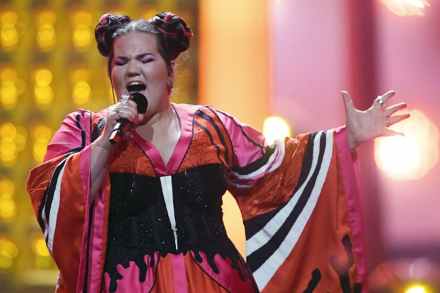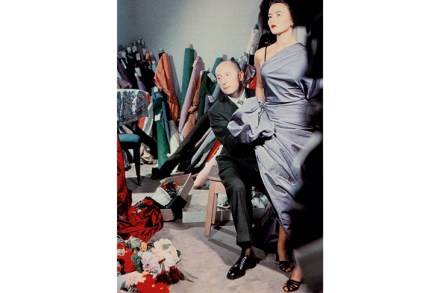Life at the Globe | 21 February 2019
More from BooksIN ASSOCIATION WITH THE PRINCIPAL PARTNERS OF SHAKESPEARE’S GLOBE’S 2019 SUMMER SEASON We’ve been looking at various aspects of Richard II, which has just opened at Shakespeare’s Globe. Now to turn our attention a little further into the future. Richard II was only the opener for the remarkable run of history plays that are the






























